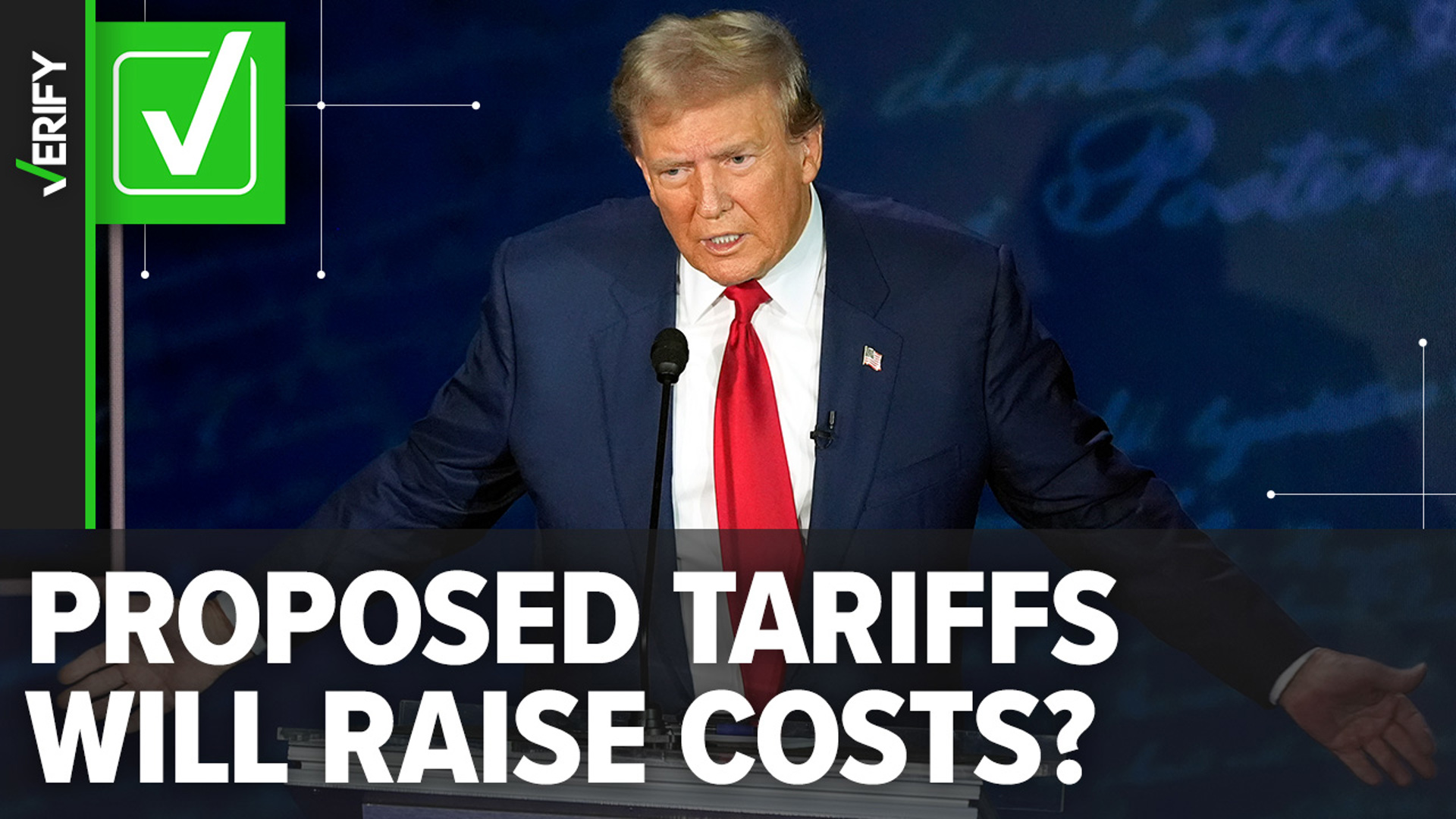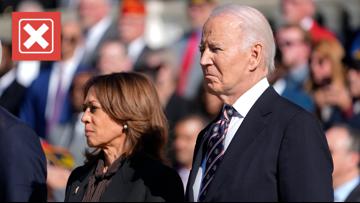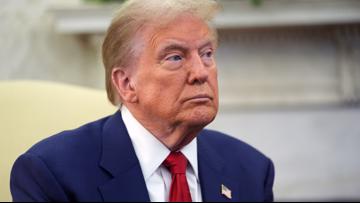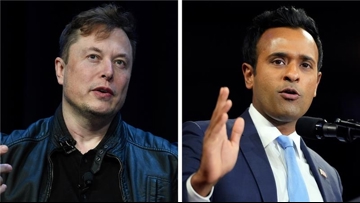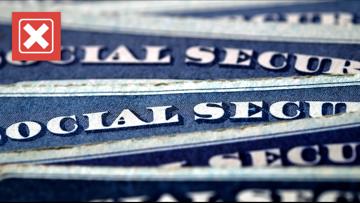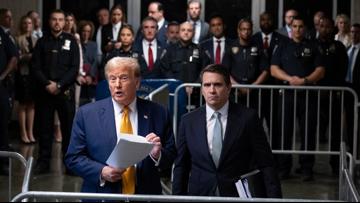On Nov. 25, President-elect Donald Trump explained in two posts on his Truth Social account that one of his first executive orders would impose a 25% tariff on all products entering the country from Canada and Mexico, and an additional 10% tariff on goods from China.
On the campaign trail, Vice President Kamala Harris and others repeatedly likened Trump’s tariff plan to a national sales tax that would raise prices on middle-class families by almost $4,000 a year.
Trump frequently countered that the tariffs would not not raise prices for American consumers, and instead China and “all of the other countries that have been ripping us off for years” will pay the higher prices.
Several VERIFY readers asked us who pays tariffs and whether Trump’s proposals would raise costs for Americans.
THE QUESTION
Would Trump’s proposed tariffs raise costs for Americans?
THE SOURCES
- Council on Foreign Relations
- Tax Foundation
- The Center for American Progress Action Fund
- Erica York, a senior economist and research director with the Tax Foundation’s Center for Federal Tax Policy
- Peterson Institute for International Economics
- Jacob Jensen, a data analyst with the right-leaning American Action Forum
THE ANSWER
Yes, Trump’s proposed tariffs would raise costs for Americans.
WHAT WE FOUND
Multiple tax and economic policy experts’ estimates show Trump’s proposed tariffs on imported goods would raise costs for American consumers.
Tariffs are taxes that countries impose on imported goods when they cross the border. These taxes are paid by the business or individual importing the goods, not other countries.
Though importers pay these tariffs, many economists say the costs of these taxes are largely passed on to consumers in the form of higher prices on imported goods, the Council on Foreign Relations (CFR) says.
For example, if the price of steel goes up due to tariffs, individual consumers will ultimately pay more for products using steel, as Investopedia explains.
Trump has floated various tariff proposals while on the campaign trail, including tariffs between 10% and 20% on all imported goods and 60% tariffs on Chinese imports.
The Peterson Institute for International Economics (PIIE), a nonpartisan Washington, D.C.-based think tank, projects that a 20% across-the-board tariff on imports combined with a 60% tariff on Chinese goods would cost a typical middle-income household more than $2,600 per year.
If that across-the-board tariff was lowered to 10%, that number would be $1,700, according to the PIIE.
The Center for American Progress (CAP) Action Fund, a progressive advocacy group, estimates that a 10% tax on all imported goods as well as a 60% tax on all Chinese imports would cost middle-income American families an extra $2,500 per year.
With a 20% tariff on all imported goods, that number rises to $3,900 for a middle-income family, according to CAP.
“The methodology Center for American Progress uses is a good way to estimate the tariff burden for median households,” Erica York, a senior economist with the nonpartisan Tax Foundation’s Center for Tax Policy, told VERIFY.
York estimated an average increase of more than $6,000 per household under a 20% tariff on all imports and a 60% tariff on imports from China.
Her estimate is higher than CAP’s for several reasons, including that they assume the tariff on Chinese goods is not on top of the universal tariff, meaning the total increase is smaller, York explained. CAP also adjusts its estimate downward to measure the median household instead of the average and uses a slightly larger population number, she said.
The right-leaning American Action Forum also estimates that Trump’s proposed tariffs would increase costs for Americans.
Jacob Jensen, a data analyst with the American Action Forum, says a 10% tariff on all imports “would result in average estimated additional costs per U.S. household of between $1,700 and $2,350 annually.”
A targeted 60% tariff on its own would increase household costs by $1,950, annually, Jensen estimates.
VERIFY reached out to Trump’s presidential campaign for comment but did not receive a response by the time of publication.
President Joe Biden faced similar criticism earlier this year from fellow Democrats when he imposed increased tariffs on some Chinese goods, including solar panels and electric vehicles.
